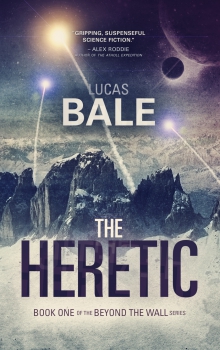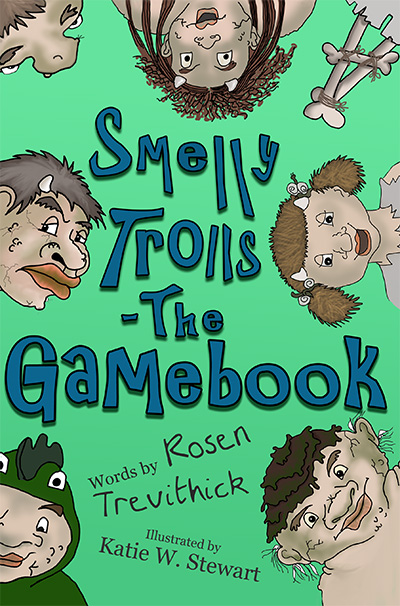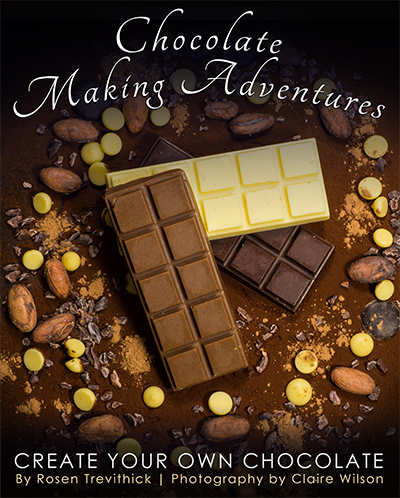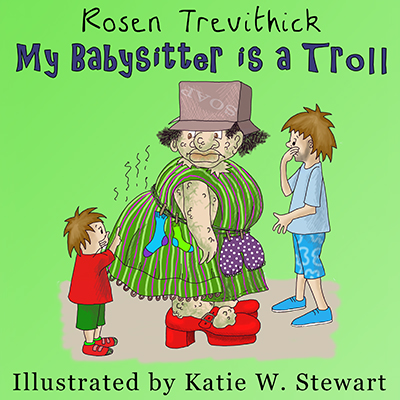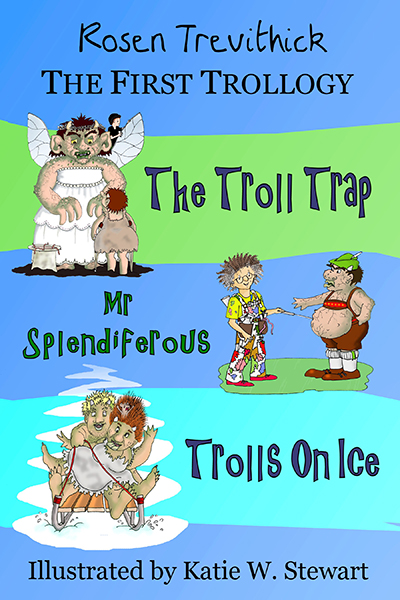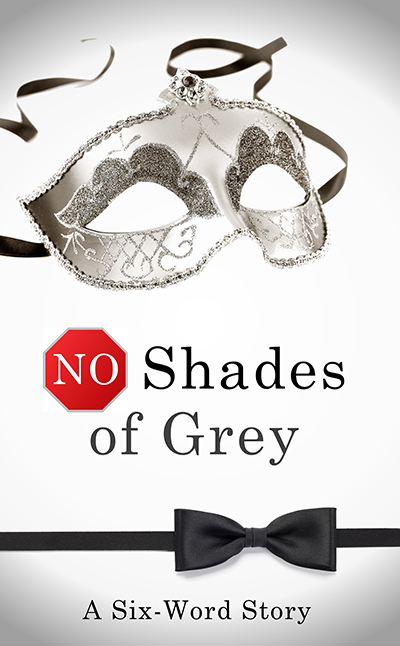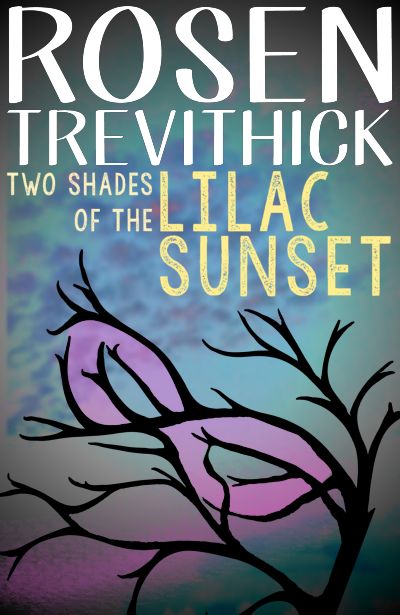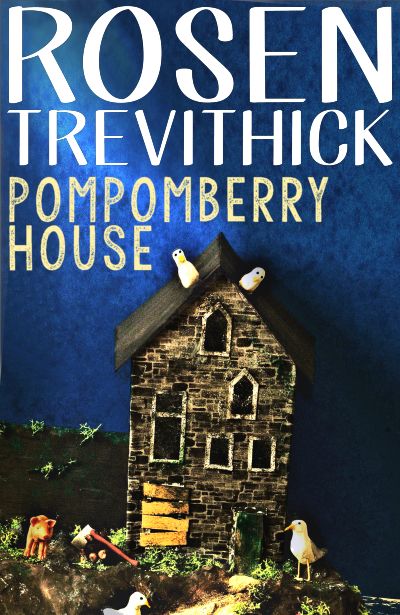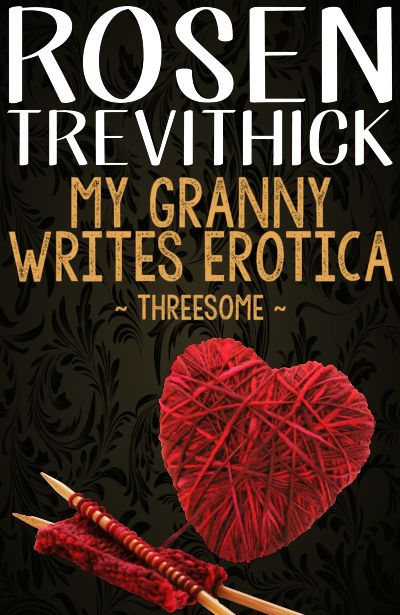Interview With Lucas Bale
There's a new science fiction author making waves and his name is Lucas Bale. I first heard about Lucas on the Kindle Users Forum when distinguished author, Alex Roddie, recommended him. I quickly warmed to Lucas as he got to work engaging in discussions about review ethics, the definition of a bestseller and other interesting topics. I am delighted to have the opportunity to introduce Lucas here.
You're a newly published author. Has it always been your dream to publish a book, or was it a more recent decision?
I've always told stories. Most were to explain why homework wasn't done on time, or why I wasn't in class when I should have been, but some were because I loved creating something unique and special which enthralled people. I loved creating the excitement on their faces - that they hung on my words and were desperate to hear what happened next. It was always a wonderful experience. Sadly, and stupidly, I listened to the empty voices of those who told me only writers with considerable natural talent could ever write a novel. So I never tried to write one myself. It wasn't until one idle Tuesday, when I was sitting on a train coming back from work, that I downloaded a book on how to write fiction. Several more followed after that. I learned quickly that writing fiction takes hard work and the desire to learn the process of storytelling, which has largely been the same for thousands of years. There are certainly talented people who find it a completely natural process, but there are also those who can produce compelling stories having learned how to do so. I wrote the first words of my first ever book in May 2013. That book is currently being edited and I hope to release it under a pseudonym next year. I've come a long way since then, but I also have a long way to go.
Tell us a bit more about your debut novel, The Heretic.
Centuries in the future and Earth has long since succumbed to a bitter ice age under the relentless pressure of climate change. Humanity's remaining survivors, supported by a huge multi-national corporation, have escaped that cataclysm and struggled to build a new life for themselves in the stars. Terraforming and interstellar travel through wormholes in space are the fulcrum of what has so far kept humanity alive, but an internecine war has led to the formation of the Consulate Magistratus from the ashes of the corporation. The Seven Concessions, where citizens of the new Republic concede their freedom in return for the protection of the Magistratus, are central to humanity's survival. Religion is outlawed, interstellar travel is strictly controlled and no one may travel beyond the Wall, a meridian drawn in space to mark the edge of the territory of the Republic. Crime is punished by banishment or by a lifetime of penal servitude in the Kolyma prison fleet. Everything is controlled; freedom is a thing of the past. Humanity's history is pure propaganda and the truth remains only in whispers of a secret archive. But, a revolution is coming.
The setting itself is varied - The Core, the seat of power of the Magistratus and the capital of the Republic, is somewhat futuristic in the classic sense, but since the Magistratus also controls access to technology, everyday life is not as advanced as you might think. Questions such as why the Magistratus are doing what they are doing are what I hope the reader will be asking - what is their endgame? That's what the series is about. Other planets which have been terraformed have very different feels to them, as you might expect when starting from scratch on a new planet but not being able to influence everything which goes on during the terraforming process, or the anthropological one which results as the societies which live on it develop. Herse, the setting for The Heretic, is a long way behind the Core technologically, located near the Wall as it is - the outer-rim, border territories. There's a little of the Wild West in there and a little of the old lumberjack communities in Canada.
Its first eleven reviewers have all given it five stars. Are you nervous about facing your first critical reviewer?
Yes and no. I've had a three star review on the US Amazon site, which called The Heretic a good debut, but was critical of some aspects. I was worried that my initial inspiration, Joss Whedon's Firefly, might come through too much and this reviewer obviously thought so. Others found it a positive thing. That's the thing about reviews - some will like the book, others won't, and I am going to get some poor reviews. It's inevitable. Of course I'm nervous about it, but I'm also realistic. I can't please everyone.
What made you choose CreateSpace for your paperback? Are you finding print-on-demand suits your needs?
Simplicity. I want to spend my time writing and, although I enjoy the challenge of publishing as well, it can be a time-sink and I really want to focus on getting my stories out of my head and onto the page so readers can enjoy them. Beyond the Wall is an epic series which I will release in 50,000 word 'episodes'. I want to focus on writing those, rather than intricately analysing which print service is best for me. I wanted print books because so many people had told me they still preferred them and I firmly believe they still give self-published authors credibility. CreateSpace was easy and, so far, has not thrown up any problems. The quality of the physical books has been high. Overall, I'm happy for now.
I know you're a member of the Kindle Users Forum (KUF). Can you recommend anywhere else for authors to discuss their books and the writing process, as well as engaging with readers?
It's difficult as, I'm sad to say, some places are beset with trolls and can become very unpleasant places to be. I'm finding too that they are becoming the focus of hard-hitting marketing campaigns for all sorts of hucksters offering reviews for payment, 'one-trick-makes-millions' publishing solutions and so on. The obvious place for an author to go is The Writers' Cafe on KBoards and I have been known to hang around there. I have found it very useful indeed, but it's also very busy. Not many readers frequent it, although some certainly do. The best places, in my view, are the comment sections of good author blogs - Hugh Howey, and Chuck Wendig, for example - in fact any author in a genre you like. I also really like Goodreads.
Who else is in your self-publishing team (editors, cover designers etc) or are you a one-man show?
Jason Gurley will be designing all my covers, with the exception of my short stories which I'll be designing myself. I am a reasonable photographer and use Lightroom and PS Elements which, taken together, allow me to produce pretty good covers which look professional, rather than home-made. David Gatewood, Mark Roberts and Roz Morris are the editors I use. I have a group of excellent beta readers who I think are essential too.
The Heretic is science fiction. Will your next title be science fiction? Tell us a little more about it.
Defiance is the next in the Beyond the Wall series and follows on from The Heretic. Although the characters will be different, the story is a natural progression. However, I also want to write post-apocalyptic and speculative suspense stories too. Not everything I write will be set in space, or in the future. But it will make you miss your bus stop.
Where do you write? What is the strangest place you've worked from when writing a book?
I'll write anywhere. Literally. My desk at home is my preferred place, but I've written on trains, in cafes, on various London streets cross-legged on the pavement whilst on the way to work, in a tent up a hill, in cars - there's probably more, but you get the picture. I find something will hit me, and I normally have my laptop with me wherever I am, so I just sit down and hammer out whatever it is. I aim to write a minimum of 1,000 words a day, but when I turn full-time in September 2014, I'll be aiming for 12,000 words a week.
What do your family think about your writing career?
Fortunately, they are very supportive. It'a important, because being an author is a tough job. It's soul-destroying at times, but as much as my family try to understand, only other authors get it. I think sometimes my family would rather talk about something other than discoverability, characterisation, story beats and all the other things that authors now find themselves obsessed by, but at least they're patient with me! My partner knows that writing fiction is a long-game and has always encouraged me to write. She reads my work alongside Jo Nesbo, Steig Larsson and John Connolly and doesn't cut me any slack. I remember the first draft of the first chapter I ever wrote getting given back to me pretty quickly with a lot of red pen on it and a rueful shake of the head.
If you were the only human to survive a zombie apocalypse, would you sell out and write books for zombies, or hang up your pen?
If the zombies could sit quietly and read my stuff, rather than chewing my brains, then I'd write for them. Otherwise, we'd have a problem.
Many thanks to Lucas for taking the time to give an interview.
Visit his website: www.lucasbale.com.
+


